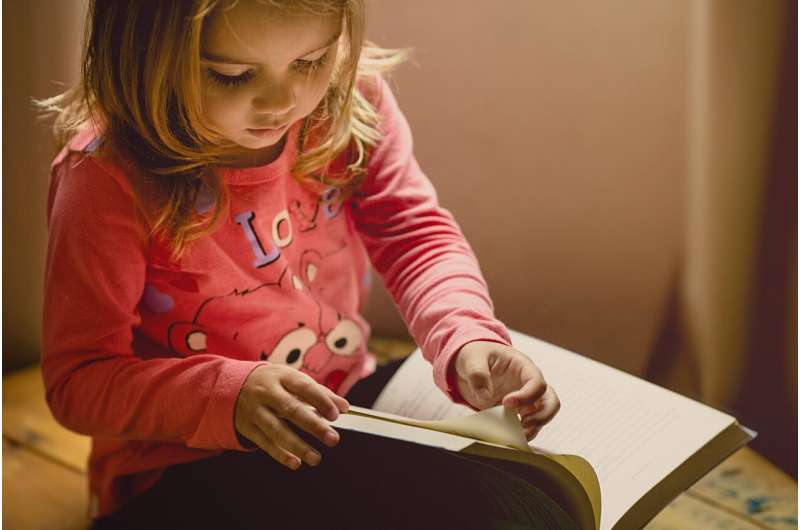
A new study has found up to half of all children with language difficulties and mental and physical health problems have been exposed to intimate partner violence, prompting calls for health and social care services to provide more effective identification and early intervention.
The research, led by the Murdoch Children’s Research Institute (MCRI) and published in the Archives of Disease in Childhood, showed children exposed to intimate partner violence from infancy were twice as likely to have a psychiatric diagnosis, emotional and behavioural difficulties, and impaired language skills at age 10. They were also more likely to have asthma and sleep problems.
The study also found that children exposed to intimate partner violence in the year they turned 10 were two to three times more likely to experience poor mental health, elevated blood pressure and sleep difficulties. But with the exception of language difficulties and asthma, child health outcomes at age 10 were not affected if their only exposure to intimate partner violence occurred before they turned five, highlighting the need for more effective early intervention.
The research involved 1507 first-time mothers and their first-born children. Women were recruited to the study from six public maternity hospitals in Melbourne. More than one in four women and children in the study were exposed to intimate partner violence during the first 10 years after the child’s birth.
MCRI Professor Stephanie Brown said the findings showed the size of the burden of ill health carried by children growing up in households where intimate partner violence occurred.
“Intimate partner is the most common form of violence against women and their children and is a global public health issue,” she said. “It’s not limited to physical and sexual violence and is often characterised by a pattern of psychological control and coercion. Children may pick up on this and experience constant fear or anxiety at home.
“The impact of COVID-19 has increased pressures on families and heightened the need for more effective intervention and support for women and children experiencing domestic abuse.”
Professor Brown said that many women experiencing intimate partner violence were unsure about seeking support from family health and social care services.
“Services need to aware of the impact of intimate partner violence on children’s health and wellbeing and work to overcome barriers that may get in the way of women seeking support for themselves and their children,” she said.
“Barriers may include fear of judgement, the perception that health services can’t help, the cost of GP appointments, limited availability of low cost psychological and other allied health services, and lack of services that take a holistic approach to women and children’s health and wellbeing.
“If child health and social services do not recognise and respond to intimate partner violence as a potential contributing factor to poor child health outcomes, interventions to support children with health and developmental problems are likely to be less effective.”
MCRI Dr. Deirdre Gartland said some mothers and children experience good health and wellbeing despite their exposure to intimate partner violence.
“It is important to recognise that not all children exposed to intimate partner violence have poor physical and mental health,” she said.
“Women are doing everything they can to protect and look after their children to give them the best possible outcomes despite the situations they are in.”
Source: Read Full Article
